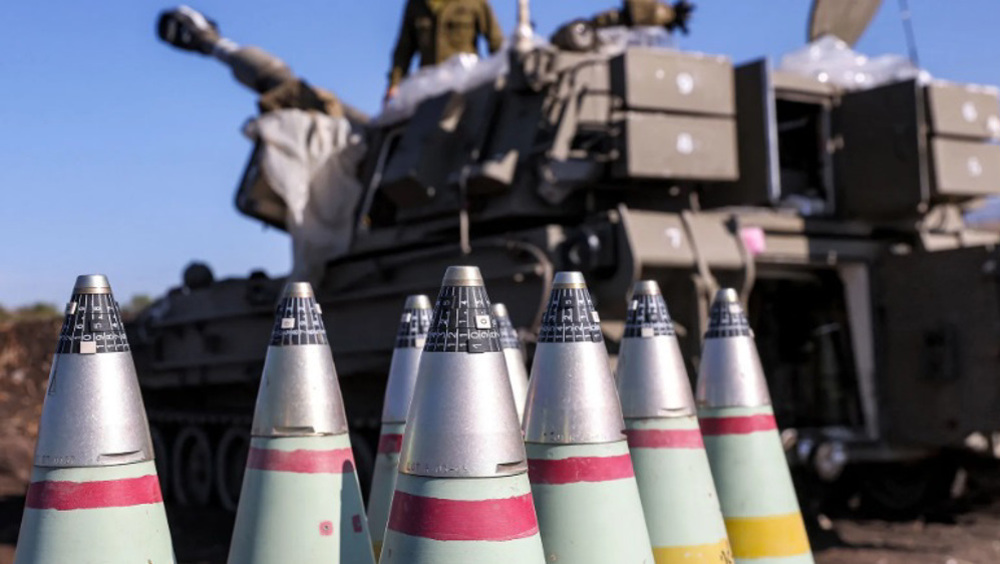Tons of weapons-grade plutonium remain undecided for in US
A recent letter by former US Secretary of Energy Bill Richardson to Democrats in the Senate has sparked national debates over tons of surplus weapons-grade plutonium that the country has stockpiled over the years.
In his letter, addressed to Senate Minority Leader Harry Reid, Richardson demanded support for a plan to turn the excess amount of the dangerous material into “mixed oxide” fuel (MOX) that can be used at commercial nuclear power plants.
The US has stockpiled some 50 metric tons of weapons-grade plutonium. Washington claims it wants to dispose of the surplus in a manner that it cannot be reused for nuclear weapons.
The country has so far set aside $4 billion to create an MOX fuel plant in South Carolina, a project that at first was estimated to cost $1.5 billion.
The expensive facility, which could take up to $30 billion to be operational, has forced the US Department of Energy (DOE) to explore other options.

The Waste Isolation Pilot Plant (WIPP), a nuclear waste repository in southeast New Mexico has been considered as a potential final resting place for the nuclear material by the DOE, an idea Richardson deems “unacceptable.”
WIPP was shut down indefinitely following an underground fire and unrelated incidents of radiation release in February 2014. It will take more than half a billion dollars to clean up the facility, according to DOE officials.

The MOX project is only one of the major US nuclear waste management facilities that have been left unfinished. In 2013, the construction of a high-tech “vitrification” facility was also halted; the project would turn nuclear waste into a form of glass that could be safely buried for thousands of years.
Initially, the plant was estimated to cost $12 billion to build. But after consuming $13 billion, the project was stopped for environmental concerns.
US pushes new strike group into region after aircraft carrier flees Yemen’s firepower
World has ‘embarrassingly failed to stop Israel amid incessant US support’: FM
Iran-Egypt ties poised for revival as first Iranian president visits Cairo in 11 years
Iran’s cenbank says inflation down to lowest in 4 years
Iran rejects Canada-sponsored UNGA resolution as baseless, political
US disregards Spain’s arms embargo on shipments destined for Israel
Palestinian detainees on hunger strike to protest Israeli repression
US sanctions 3 individuals, 4 entities over links to Iranian military










 This makes it easy to access the Press TV website
This makes it easy to access the Press TV website